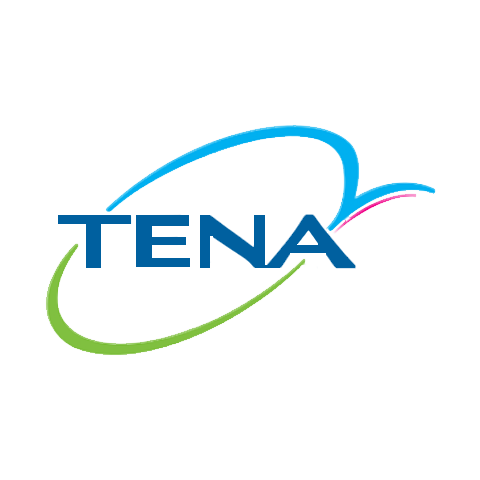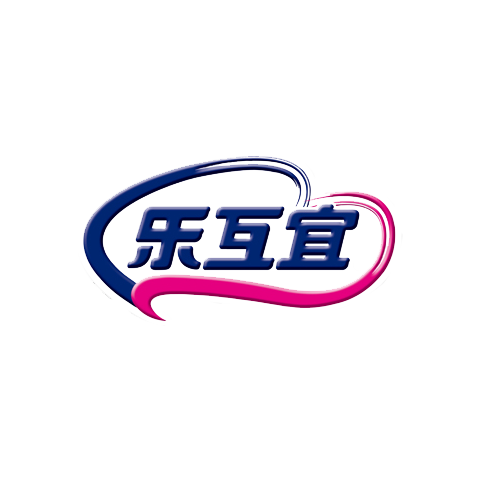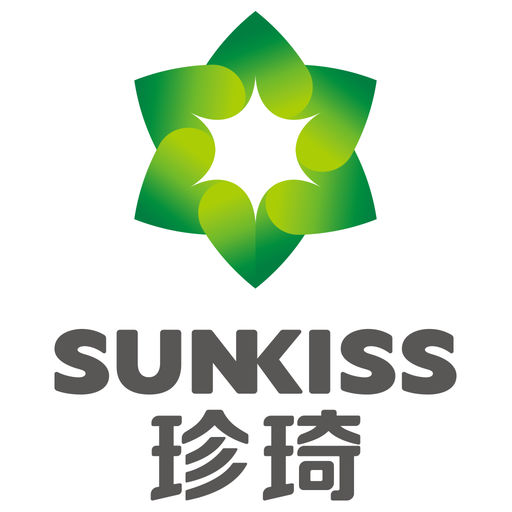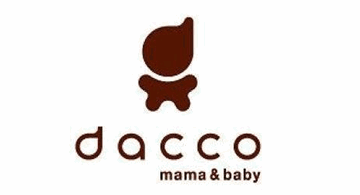TENA is part of the SCA Group, a global hygiene manufacturer and also known as the "$1 Billion Brand", a brand with annual sales of more than $1 billion, and is a giant in the global incontinence market, with a market share of about twice that of the second largest player, with 1 out of every 4 pads sold in the world coming from TENA.
For people with mild and moderate incontinence, TENA has four product lines: pads, diapers, activity pants and diapers, while nursing pads belong to a series of auxiliary care products, which are mainly promoted to professional channels such as nursing homes and nursing centers. As an adjunct to care, nursing mats can be laid on the bed to protect the sheets and reduce the number of changes, thus reducing the workload of the caregiver.
In addition to a small number of original imports, most of SCA's products sold in China are on the OEM model, and in 2014, Vinda, China's "paper king", integrated SCA's personal care business in mainland China, Hong Kong and Macau. Vinda's 11 production bases are located in China, and incontinence products are mainly produced in Longyou, Zhejiang Province and Xiaogan, Hubei Province, both of which have advanced equipment imported from Europe, and their products are not only supplied domestically, but also exported to the United Kingdom, Australia, Japan, New Zealand and other countries.
Weyerhaeuser is the world's largest privately owned commodity coniferous forest owner, and has a unique geographical advantage in the production of high-quality fluff pulp. In 2018, Vinda's turnover slowed down, and the gross profit margin fell below 30%, creating a four-year low, which is not unrelated to the high prices of raw materials. In addition to the advanced production line, Vinda's TENA nursing pads are also made of Weyerhaeuser wood pulp from the United States, and the depreciation of the RMB against the US dollar has greatly increased the cost of wood pulp. The nursing pad is composed of the surface layer, the diversion layer, the core and the back layer, the diversion layer and the core are the key to the absorption rate, a large number of irregular voids of the fluffy pulp wood fiber, with super drainage performance, coupled with the reasonable ratio of the core SAP (polymer absorbent material), the TENA nursing pad is difficult to match in terms of absorption speed, absorption and dryness.
In addition to its excellent absorption performance, the TENA pad is also highly comfortable, with a soft surface that can be used on sensitive skin. The basic and long-lasting pads have the same construction, but the difference is in size and smell. Deodorization and deodorization is currently the most important innovation point of domestic products, the long-lasting type adds aloe vera and chamomile ingredients, the surface layer can remove the odor with a light fruity fragrance, and the basic type has no fragrance, the size of 60cmx90cm is thicker and larger than the long-acting type 60cmx75cm, and the price of a single piece of 2.5 yuan is slightly lower than that of the long-acting type 2.9 yuan.












